Other
41 - Understanding Transgender Youth and Guardian Perceptions of Healthcare and Oral Health Experiences
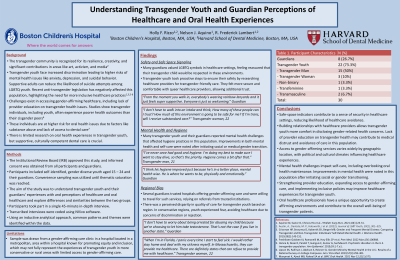
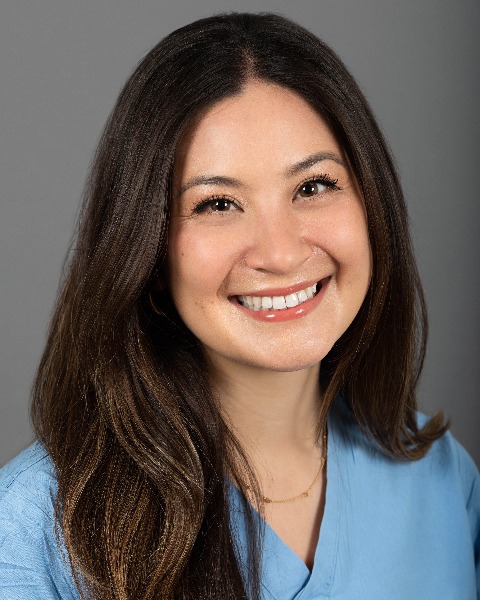
Holly Rizzo, DDS
Resident
Boston Children’s Hospital, Boston, MA
Harvard School of Dental Medicine
Boston, Massachusetts, United States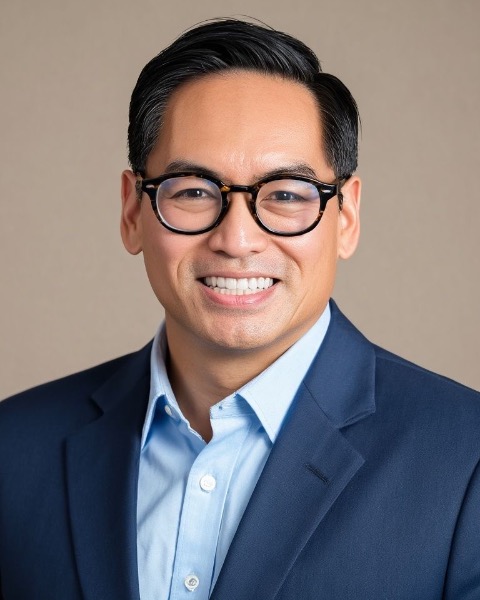
Nelson Aquino, DNP, MS, CRNA, FAANA (he/him/his)
Senior Associate Certified Registered Nurse Anesthetist
Boston Children's Hospital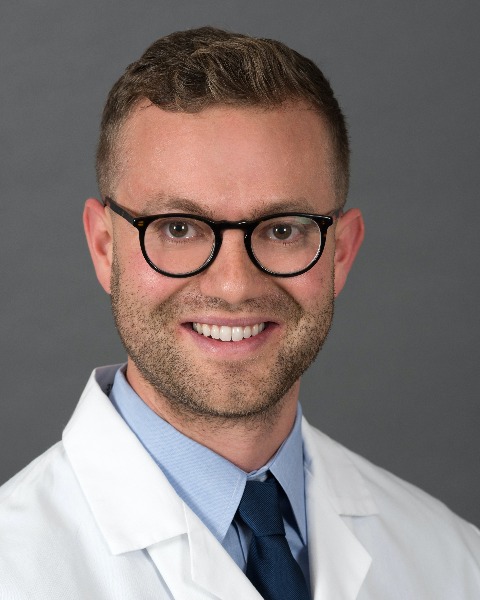
Robert Frederick F. Lambert, DMD
Resident
Boston Children's Hospital
Boston Children's Hospital/Harvard School of Dental Medicine
Brookline, Massachusetts, United States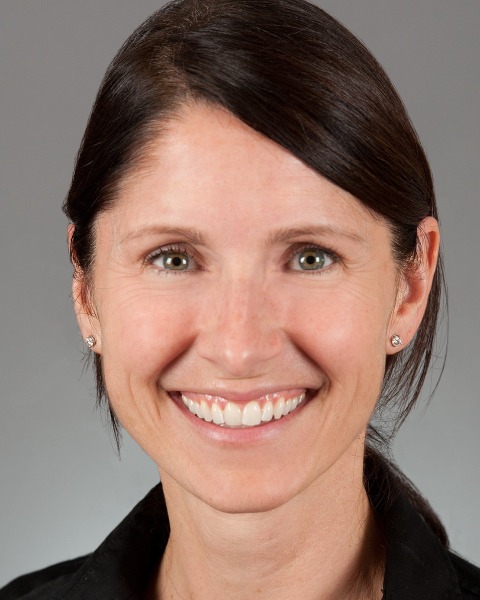
Isabelle Chase, DDS
Director, Postgraduate Pediatric Dentistry
Boston Children's Hospital
Harvard School of Dental Medicine
Brookline, Massachusetts, United States
Presenting Author(s)
Co-Author(s)
Research Mentor(s)
Program Director(s)
Purpose: The transgender community is diverse and celebrates self-expression. However, research shows inferior general health and oral health outcomes relative to cisgender peers, including avoidance of routine dental care. This study aimed to understand transgender youth and their guardians’ experiences with and perceptions of health care and oral health care. Differences between the two groups were also explored.
Methods: In depth qualitative interviewing was used to collect data, which was analysed using an inductive content analytical approach. This study was conducted at Boston Children’s Hospital, a large tertiary care center with a clinic specifically caring for transgender youth. Participants included self-identified, non-cisgender youth aged 15 – 24 and their guardians. Convenience sampling was utilized until thematic saturation was reached. Interview recordings were transcribed and de-identified. Thematic analysis was conducted on NVivo15 to identify patterns and themes within the data.
Results: Thirty participants were enrolled, including eight guardians and 22 transgender youth. Identified themes fell within the three broad subject areas: Process, Experience, and Location of care provided. Themes within Process included parental advocacy, convenience, evaluation of treatment readiness. Themes within Experience included acceptance, fear and stigma, normalcy, mental health and hygiene. Themes within Location included safe space signaling, regional bias.
Conclusion: Our findings suggest that participants valued providers treating them the same as cisgender youth which may result in withholding potentially important health information. Interviewees also perceived regional differences in quality of medical care based on culture and politics. Developing LGBTQ+ training for providers may improve experiences for transgender youth.
Identify Supporting Agency and Grant Number:

.jpg)